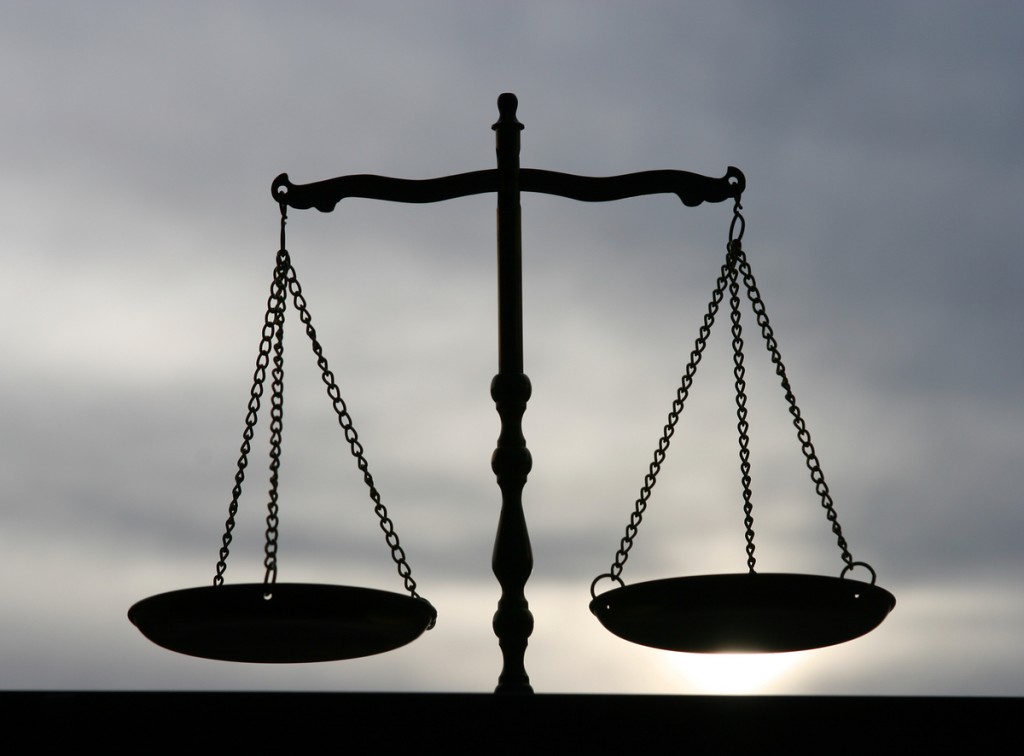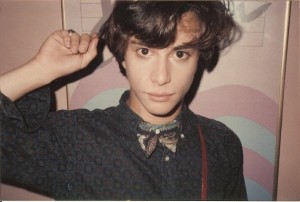Not only do I hope tech companies come around and pursue the right course of action in San Francisco; they have a chance to take the lead and set a contemporary model for civic and corporate responsibility in a city with a long history of progressive politics.
Yesterday, Mayor Ed Lee met with several high-ranking tech figures to ask them to contribute more to housing, education, and public transportation. The meeting was private but the media obtained a copy of the invitation. Protestors made their voices heard outside of the offices of Salesforce.com.
This is an unprecedented opportunity for tech giants to do several things:
- Become a positive part of the cultural fabric
- Give back to the community
- Transform San Francisco and surrounding communities
- Develop a model that can be copied nationally
- Save face
I always have to disclose: I’ve worked in the tech industry since the first dot.com bust. My first film was financed from stock options. I’ve been told I’m the exception and not the norm—a mixed-race queer chick who works in a highly diverse company. I regularly donate funds and resources to the artistic endeavors of friends, when I’m not financing my own. I’m so left-leaning it often feels like I’ll fall down. (Or is it vertigo?)
Surely, though, there can be some kind of n-point plan for eliminating—or at least greatly mitigating—several of the woes faced by the people of the Bay Area. Here’s what I propose.
Get as many tech companies as possible to form a coalition, perhaps called something like Community Partners, to help to directly combat the Bay Area’s most pressing issues. Over a five-year period, the companies would tackle the most urgent ones, the first two being unquestionable matters of life and death. After these goals are reached within the given timeframe, the next social ills would be addressed, two at a time over five-year periods.
Here is what I believe are the two biggest, solvable problems:
- The death rate among young African American men in Oakland. The leading cause of death in young Oakland men between 15 and 34 is homicide. Organizations like African American Male Achievement Office are taking measures to make these statistics a thing of the past. With the proper funding and partnership, this can become as much of a reality as the rapid application development timeframe that tech companies are so familiar with. Those at tech companies know better than anyone else the need to quickly design, develop, and deploy a new and powerful system. Why not lend these and financial resources to something within the realm of social possibility?
- Homelessness. A high estimate for the number of homeless on the streets of San Francisco is 5,000. Compared to the 51,000 people estimated as homeless in Los Angeles, this number is insignificant, and capable of being vastly reduced with the financial assistance of the over 100 tech companies in the Bay Area.
And after these are addressed? Solve problems in education, air quality, and public transportation. Compile a full list of problems that, by solving, would not only bring even greater prosperity to more people (San Francisco County currently has the second highest per capita income in California), but also position local tech companies as the most progressive coalition of businesses in the nation. How’s that for a marketing advantage?
How to accomplish all these lofty goals, those of you who work at tech companies? First off, start interacting with the outside world. Use the tech-ubiquitous catch phrases of innovation and disruption to affect social change on a large scale. Keep it organized. Rally with your tech allies to put together a project plan, measures of success, a budget, and the like; pledge a dollar amount toward a specific organization or set of organizations; then partner with these organizations until real, measurable change is realized. If even half of the 100 companies pledged $10,000 a year over 5 years, that’s $2.5 million dollars. This sort of mass philanthropy could produce real, lasting change.
What do you think? Would tech companies buy into something like this, and can the Bay Area be a beacon of civic improvement?



